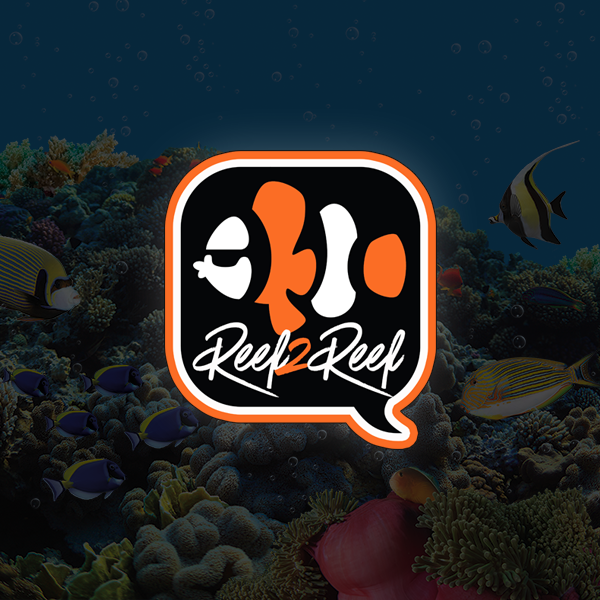Correct.3 months is way too early for someone still figuring out their tank. If you've been doing this for a long time and are very experienced you might be able to get away with having a gold torch in a 3 month tank.
There’s just sometimes information that goes around that no matter how long you’ve been reefing you have to wait 3-6 months.
so I just wanted to clarify time is more a helpful boundary a lot of reefers will just arbitrarily put for new reefers (which absolutely works) but I just like to include why we say “too young” as it’s not necessarily her tank age is too young but her experience more than her tank.





















